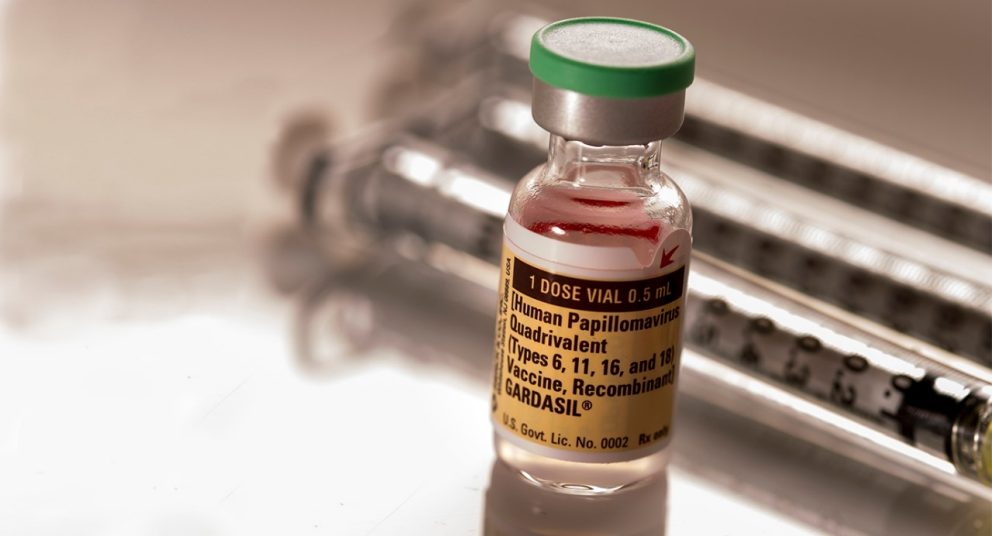The University of Texas MD Anderson Cancer Center has united with fellow National Cancer Institute (NCI)-Designated Cancer Centers and partner organizations to issue a joint statement urging the nation's physicians, parents and young adults to get human papillomavirus (HPV) vaccination back on track.
Decreased annual well visits and immunizations during the COVID-19 pandemic have caused a vaccination gap and lag in vital preventive services among U.S. children and adolescents - especially for the HPV vaccine.
Nearly 80 million Americans - 1 out of every 4 people - are infected with HPV, a virus that causes several types of cancers. Of those millions, more than 36,000 will be diagnosed with an HPV-related cancer this year. Despite those staggering figures and the availability of a vaccine to prevent HPV infections, HPV vaccination rates remain significantly lower than other recommended adolescent vaccines in the U.S. Even before the COVID-19 pandemic, HPV vaccination rates lagged far behind other vaccines and other countries' HPV vaccination rates. According to 2019 data from the Centers for Disease Control and Prevention (CDC), slightly more than half of adolescents (54%) were up to date on the HPV vaccine.
Those numbers have declined further since the pandemic:
- Early in the pandemic, HPV vaccination rates among adolescents fell by 75%.
- Since March 2020, an estimated 1 million doses of HPV vaccine have been missed by adolescents with public insurance - a decline of 21% over pre-pandemic levels.
"MD Anderson has continued to emphasize the importance of cancer prevention throughout the pandemic and supports this joint effort to remind the public that HPV vaccination prevents multiple types of cancer," said Ernest Hawk, M.D., vice president and division head of Cancer Prevention and Population Sciences. "Now is the time to re-prioritize HPV vaccination for adolescents, as we strive toward the achievable goal of protecting future generations from HPV-related cancers, including cervical and oropharyngeal cancers."
The U.S. has recommended routine HPV vaccination for females since 2006 and for males since 2011. Current recommendations are for routine vaccination at ages 11 or 12 or starting at age 9. Catch-up HPV vaccination is recommended through age 26.
The CDC recently authorized COVID-19 vaccination for 12 to 15-year-old children, allowing for missed doses of routinely recommended vaccines, including HPV, to be administered at the same time. NCI-Designated Cancer Centers strongly encourage parents to vaccinate their adolescents and urge health care providers to use every opportunity to promote and complete vaccination.
"The HPV vaccine is one of our most important tools to prevent cancer," said Maura Gillison, M.D., Ph.D., professor of Thoracic/Head & Neck Medical Oncology and co-leader of the HPV-Related Cancers Moon Shot®. "Most adults are exposed to HPV at some point in their lifetime and some will go on to develop cancer. HPV vaccination saves lives by ensuring adolescents are protected from future HPV-related cancers."
More information about HPV is available from the CDC and National HPV Vaccination Roundtable. This is the third time that all NCI-Designated Cancer Centers have come together to issue a national call to action. All 71 cancer centers unanimously share the goal of sending a powerful message to parents, adolescents and health care providers about the importance of HPV vaccination for the elimination of HPV-related cancers.







